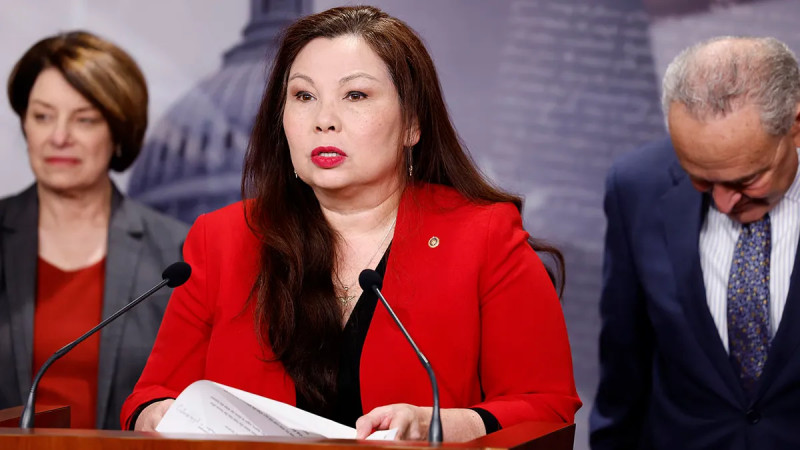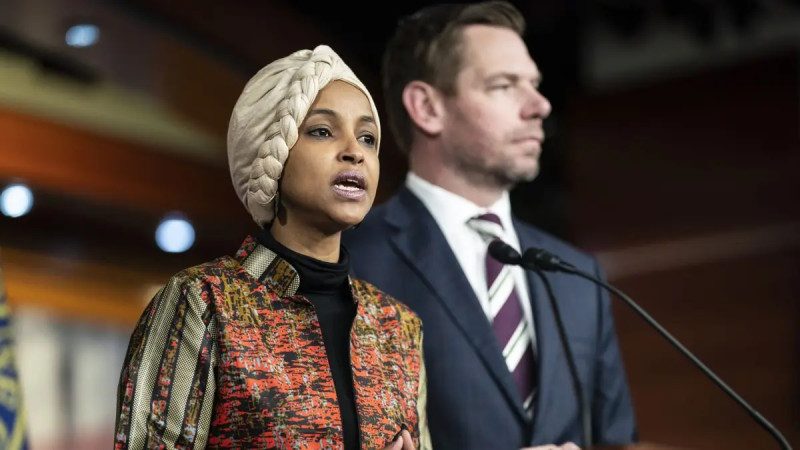Lawrence H. Summers, a prominent American economist and former U.S. Treasury Secretary, has announced that he is stepping back from all public commitments. This decision comes in the wake of revelations about his correspondence with convicted sex offender Jeffrey Epstein. Summers, who served as the 71st U.S. Secretary of the Treasury during the Clinton administration and as the 27th President of Harvard University, has been a central figure in economic policy and academia for decades.
Summers' decision to retreat from public life was announced on Monday, following the release of emails that showed he had maintained contact with Epstein for years, even after Epstein faced sex trafficking charges. The emails, which were made public by the House Oversight Committee, revealed that Summers sought Epstein's advice on romantic pursuits, among other topics. This revelation has sparked widespread criticism and led Summers to express deep shame over his association with Epstein.
Jeffrey Epstein, a financier and convicted sex offender, was known for his high-profile associations and his private island, often referred to as Epstein Island, where he hosted numerous influential figures. Epstein's criminal activities and the extent of his network have been the subject of extensive media coverage and public scrutiny.
Summers' tenure at Harvard University, where he served as the President, was marked by both academic achievements and controversies. His decision to step back from public commitments is a significant development in his career, which has spanned roles as the Director of the White House National Economic Council in the Obama administration, the Chief Economist of the World Bank, and a leading economist at Harvard University.
The fallout from the Epstein revelations has raised questions about the ethical standards and judgment of those associated with Epstein. Summers' decision to withdraw from public life underscores the ongoing impact of Epstein's scandal and the continuing efforts to address the broader implications of his activities. As Summers steps back, the public and media attention will continue to focus on the complex web of relationships and the lasting consequences of Epstein's crimes.
Summers' decision to step back from public commitments is a significant development in his career, which has spanned roles as the Director of the White House National Economic Council in the Obama administration, the Chief Economist of the World Bank, and a leading economist at Harvard University. As the public and media attention continues to focus on the complex web of relationships and the lasting consequences of Epstein's crimes, Summers' decision underscores the ongoing impact of Epstein's scandal and the continuing efforts to address the broader implications of his activities.



